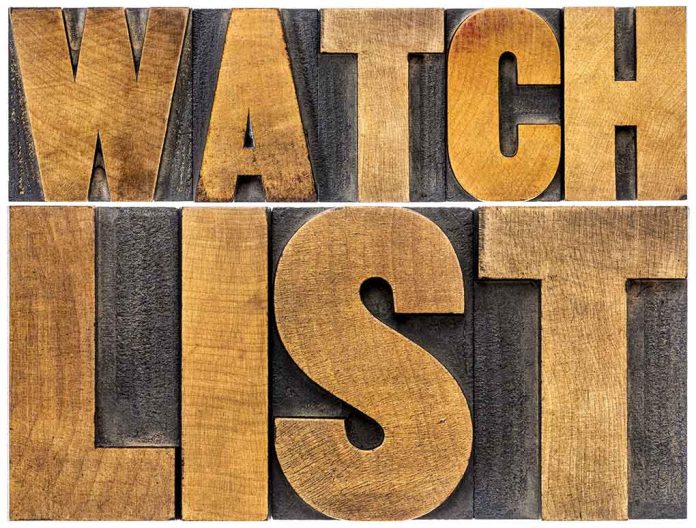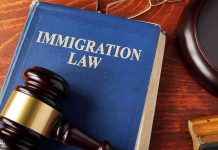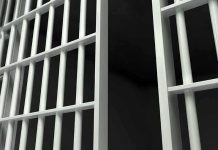
Former U.S. Representative Tulsi Gabbard claims she’s been placed on a secret terror watchlist after criticizing Vice President Kamala Harris, raising concerns about potential government overreach and political retaliation.
At a Glance
- Gabbard alleges she was added to the “Quiet Skies” watchlist on July 23, 2023
- She claims to have experienced extensive TSA screening and surveillance since then
- Hawaii lawmakers are demanding explanations from the TSA regarding Gabbard’s alleged inclusion
- Gabbard believes this is political retaliation for her criticisms of the Democratic Party
Gabbard’s Allegations and Experiences
Tulsi Gabbard, a former Democratic representative and U.S. Army Reserve officer, has made startling claims about her recent travel experiences. According to Gabbard, she and her husband have faced “additional TSA screening” multiple times, with each instance lasting between 30 to 45 minutes. These extensive screenings reportedly began on July 23, 2023, the same day she claims to have been added to a secret TSA watchlist known as “Quiet Skies.”
Gabbard’s allegations go beyond mere inconvenience. She asserts that at least three air marshals were assigned to monitor her during her travels, both in airports and on flights. The former congresswoman has expressed deep concern over what she perceives as government surveillance, stating that it has profoundly affected her sense of security and freedom.
Political Implications and Reactions
Gabbard, who recently endorsed Donald Trump, believes her addition to the watchlist is a form of political retaliation. She specifically points to her criticisms of the Democratic Party and Vice President Kamala Harris as the likely catalyst for these alleged actions. This situation has sparked a debate about the potential misuse of government mechanisms against political adversaries and the implications for free speech.
“I later learned that at least three air marshalls were assigned to watch me every time I travel, in the airport and on the flight,” she went on before slamming the actions taken by the Biden administration as “extreme by any measures.”, Gabbard said.
The controversy has not gone unnoticed by lawmakers. A group of Hawaii state representatives, including Gene Ward, Diamond Garcia, David Alcos, and Elijah Pierick, have sent a joint letter to TSA Director David Pekoske demanding explanations. They’ve called for either the removal of Gabbard’s name from the watchlist or full transparency regarding the reasons for her inclusion.
The Quiet Skies Program and Its Controversies
The Quiet Skies program, established in 2012, has been a subject of scrutiny since its exposure by The Boston Globe in 2018. The program allows federal air marshals to monitor U.S. citizens without them being suspected of a crime or on a terror watchlist. Its stated aim is to deploy law enforcement resources efficiently to focus on travelers who may present an elevated risk to aviation security.
Gabbard stated, “As I was traveling, I ended up in 30 to 45 minutes of going through screening every time I would go to the airport to fly,” she told the network’s One Nation. “I noticed air marshals, I noticed K-9 teams, there were things that I saw and noticed that were highly unusual. But the deepest pain and harm and stress that’s been caused by this is that forever going forward I will always be looking over my shoulder wondering if and how my government is surveilling me.”
However, a 2020 Homeland Security inspector general report criticized the Quiet Skies program for lacking oversight and measures to prevent misuse of passenger data. This report adds weight to concerns about the program’s potential for abuse and its impact on civil liberties.
As this situation continues to unfold, it raises important questions about the balance between national security and individual rights, the potential for political weaponization of government agencies, and the need for transparency in our democratic institutions. Whether Gabbard’s claims are substantiated or not, this controversy serves as a reminder of the ongoing debate surrounding government surveillance and its place in a free society.













